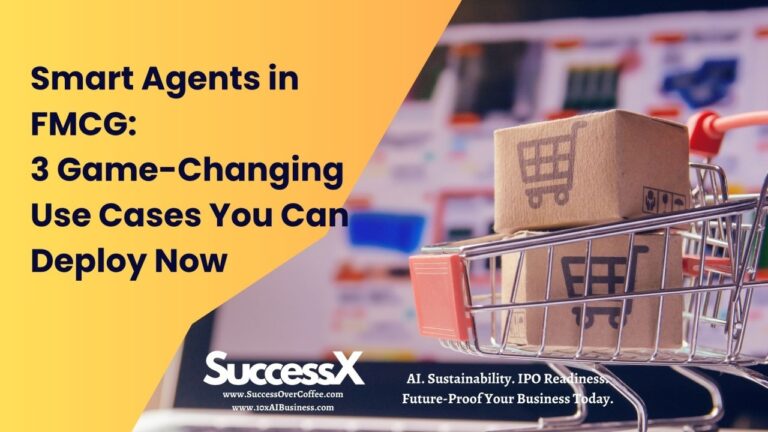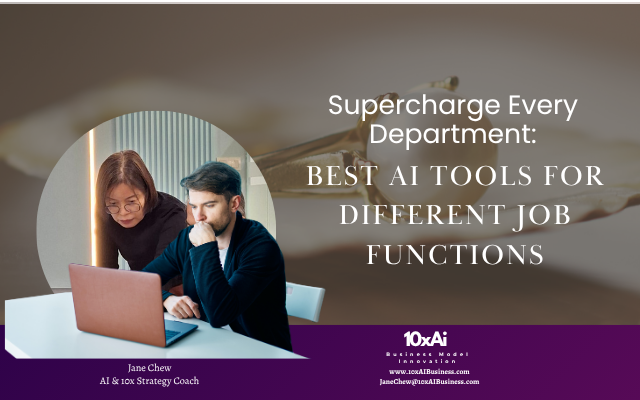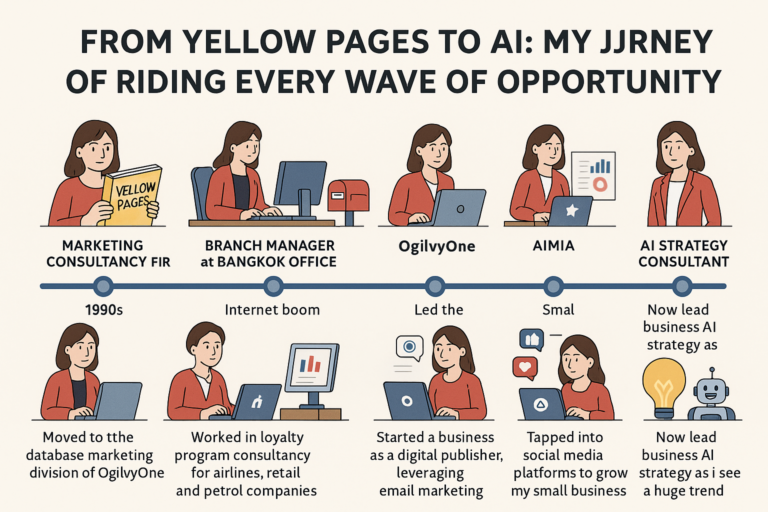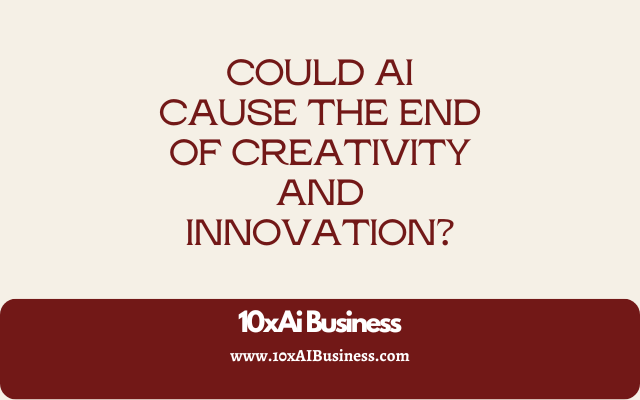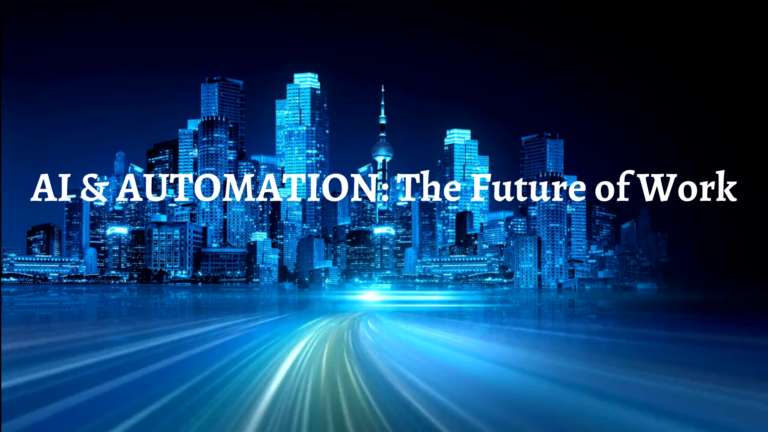AI agents and open-source strategies are reshaping business models in 2025. Learn how to adapt with AI factories, agent-first delivery, and coopetition.
AI is no longer just powering tasks—it’s rearchitecting how businesses create, deliver, and capture value. In 2025, two forces are converging to reshape business models: the rise of autonomous AI agents and the strategic embrace of open coopetition.
Why AI Agents Are Reshaping How Services Are Delivered
From Human Teams to Autonomous Agents
Agent‑First Models Displacing Traditional Services The world’s largest consulting firms—Deloitte, EY—and retail giants like Walmart are shifting from manpower-driven delivery to outcome-based value creation. Powered by advanced AI agents, these firms are automating workflows that once required full teams: onboarding clients, resolving queries, drafting reports, even co-piloting sales cycles.
What This Means for Mid-Sized Firms
What’s emerging is a new “agent-first” model—where the client experience is co-designed with autonomous tools that think, decide, and act in real-time. The business benefit? Dramatically increased scalability with minimal marginal cost.
Scaling Innovation Through AI Factories
What Is an AI Factory?
Innovation at Scale via AI Factories To stay competitive, firms are evolving from building individual AI tools to constructing “AI factories”—end-to-end systems that continuously ingest operational data, optimize performance, and generate fresh innovations.
This is not about one-off pilots. AI factories serve as industrial-grade pipelines—enabling rapid experimentation, feedback loops, and business model iteration. They’re becoming the backbone of agile, data-driven reinvention.
The Rise of Open Coopetition in AI
Why China Is Betting Big on Open Source
Strategic Open Source and Coopetition In China and beyond, businesses are redefining competitive advantage through coopetition—collaborating on open-source AI foundations while competing on applications and services. From Alibaba’s open-agent platforms to DeepSeek’s massive model releases, the logic is clear: open ecosystems scale faster, attract better talent, and build trust more effectively than closed ones.
Strategic Shift: Ecosystem over Ownership
This shift is birthing new platform-based business models—where value lies in orchestrating networks, not owning every node.
Platform Thinking as a Competitive Advantage
For years, we were told “AI is a tool.” But in 2025, it’s becoming a partner. What excites me most? The democratization of innovation. Mid-market firms can now do what once only tech giants could—launch AI-enhanced services, scale expert knowledge, and unlock new growth paths.
But success isn’t about tech adoption. It’s about strategic reinvention.
Commonly Asked Questions About AI Agents
Q1: What is an AI agent in business?
An AI agent is an autonomous system that performs tasks—like answering customer questions or managing workflows—without human intervention.
Q2: How are companies using AI agents in 2025?
Firms like Deloitte, EY, and Walmart are deploying AI agents to automate client delivery, customer service, and internal operations.
Q3: What is open coopetition in AI?
Open coopetition refers to companies collaborating on open-source AI frameworks while still competing on commercial offerings—accelerating ecosystem growth.
Q4: How can SMEs benefit from AI factories?
AI factories allow SMEs to turn operational data into innovation pipelines, enabling continuous optimization and new business models.
Want to explore how AI could transform your business model? Book an AI Discovery Workshop: 📞 012-666 9892 Or visit: https://www.linkedin.com/newsletters/ai-business-model-innovation-7333618883876003840/


